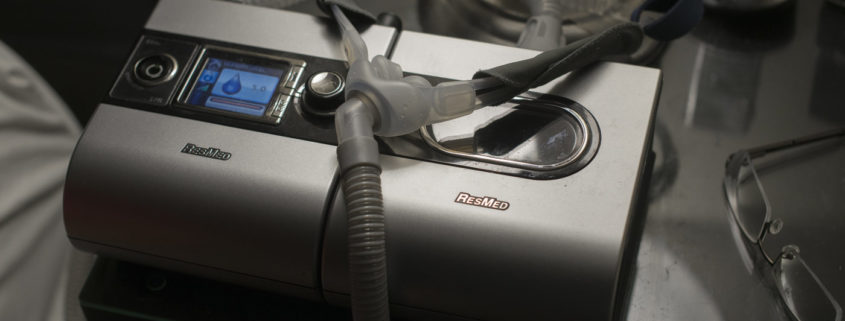Can Bariatric Surgery Resolve Sleep Apnea?
Bariatric surgery has been proven to be an effective treatment for obesity, and it has also been found to have significant benefits for patients with sleep apnea. Sleep apnea is a common condition where an individual’s breathing repeatedly stops and starts during sleep, and it is often associated with obesity. Bariatric surgery can result in significant weight loss, and as a result, can also lead to the resolution of sleep apnea.
Studies have shown that bariatric surgery can result in significant improvements in sleep apnea. In fact, many patients who undergo bariatric surgery experience a complete resolution of their sleep apnea. A study published in the Journal of the American Medical Association found that bariatric surgery was associated with a significant reduction in the severity of sleep apnea, with 85% of patients experiencing remission of their sleep apnea after surgery.
The exact mechanism by which bariatric surgery improves sleep apnea is not yet fully understood, but it is believed to be related to the significant weight loss that occurs after surgery. Obesity is a major risk factor for sleep apnea, and losing weight can help to reduce the amount of excess tissue in the throat and airways, which can help to reduce the risk of breathing problems during sleep.
One of the most commonly performed bariatric surgeries is the Roux-en-Y gastric bypass. This surgery involves creating a small stomach pouch and rerouting the small intestine to the pouch, which reduces the amount of food a person can eat and alters the way food is absorbed. The Roux-en-Y gastric bypass has been found to be particularly effective for improving sleep apnea.
Another bariatric surgery that has been shown to improve sleep apnea is the sleeve gastrectomy. This surgery involves removing a portion of the stomach, which reduces the amount of food a person can eat and alters the production of hormones that control hunger. A study published in the journal Obesity Surgery found that the sleeve gastrectomy was associated with a significant improvement in sleep apnea, with 70% of patients experiencing a resolution of their sleep apnea after surgery.
In conclusion, bariatric surgery can be an effective treatment for sleep apnea in patients who are obese. Bariatric surgery can result in significant weight loss, which can help to reduce the amount of excess tissue in the throat and airways, leading to a reduction in the severity of sleep apnea. Patients who are considering bariatric surgery should discuss the potential benefits and risks with their healthcare provider.
For more information, please call 973-410-9700 or contact us online.










Leave a Reply
Want to join the discussion?Feel free to contribute!